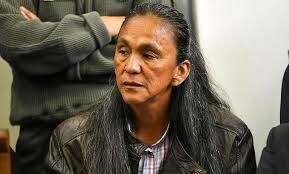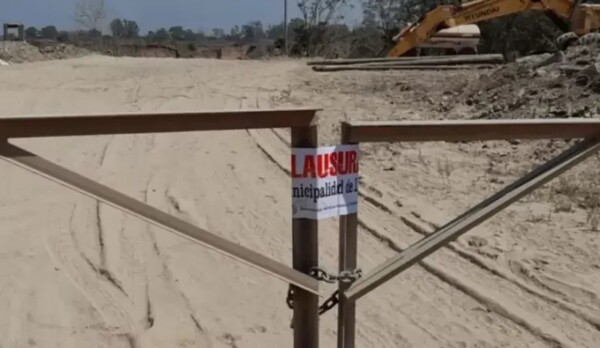The Governor of the Province of Buenos Aires, Axel Kicillof, announced on Monday the presentation to the Legislature of three key projects: the 2026 Budget, the Tax Law, and a financing law that includes a request for borrowing of approximately $3 billion. Kicillof stated that the province is facing a deep crisis, with declining revenue, a new generation of unemployment, and economic activity that is “10 points below 2023 levels”. The presentation was held in the Golden Hall of the Government House of La Plata, in the presence of the Vice Governor Verónica Magario and the provincial Minister of Economy, Pablo López. Additionally, he requested the declaration of an economic emergency for the district, arguing that the financial situation is “imperative” to ensure the functioning of the State in a crisis context. The Budget foresees expenses of around 43 trillion pesos and includes allocations for investment in public works, education, health, and security. Kicillof affirmed to mayors and legislators that “the province needs these tools to be able to continue working with the 135 municipalities.” The government also announced a Strengthening Fund for Municipalities, subject to the approval of the borrowing. The political scenario surrounding the initiative is one of high internal tension within the Buenos Aires Peronism. The objective is for the three projects (Budget, Tax, and Financing) to be approved this year, conditioned on whether allies will support the governor or play the card of internal opposition. The negotiation not only includes votes for the laws but also a distribution of positions: presidency of the Chamber of Deputies, seats in the Senate, renewals in the public bank, and even vacancies in the Buenos Aires Supreme Court. López stated that revenue has fallen by three trillion pesos since 2023 and reiterated that there will be no increase in the tax burden: the Ingresos Brutos rates will remain unchanged, and property taxes will be adjusted “with greater equity”. The tax project is framed in terms of containment and reorganization: it proposes not modifying the rates of the main productive taxes, and it provides for the redistribution of property and vehicle taxes to make them “fairer.” The legislative challenge and the internal tensions of Buenos Aires Peronism will be decisive in the approval and consistency of its government plan. Kicillof faces a complex negotiation with La Cámpora sectors, the front led by Máximo Kirchner, and with the Renewal Front bloc, in a dynamic that could define the unity or fracture of the ruling space. Concretely, Kicillof stated that he will not wait until December 10 — when he could have better legislative representation — to begin the round of negotiations.
Kicillof presents three key projects for Buenos Aires province
Governor Axel Kicillof presented the 2026 Budget, Tax Law, and a financing law with a $3 billion borrowing request, citing a deep economic crisis in the province.














